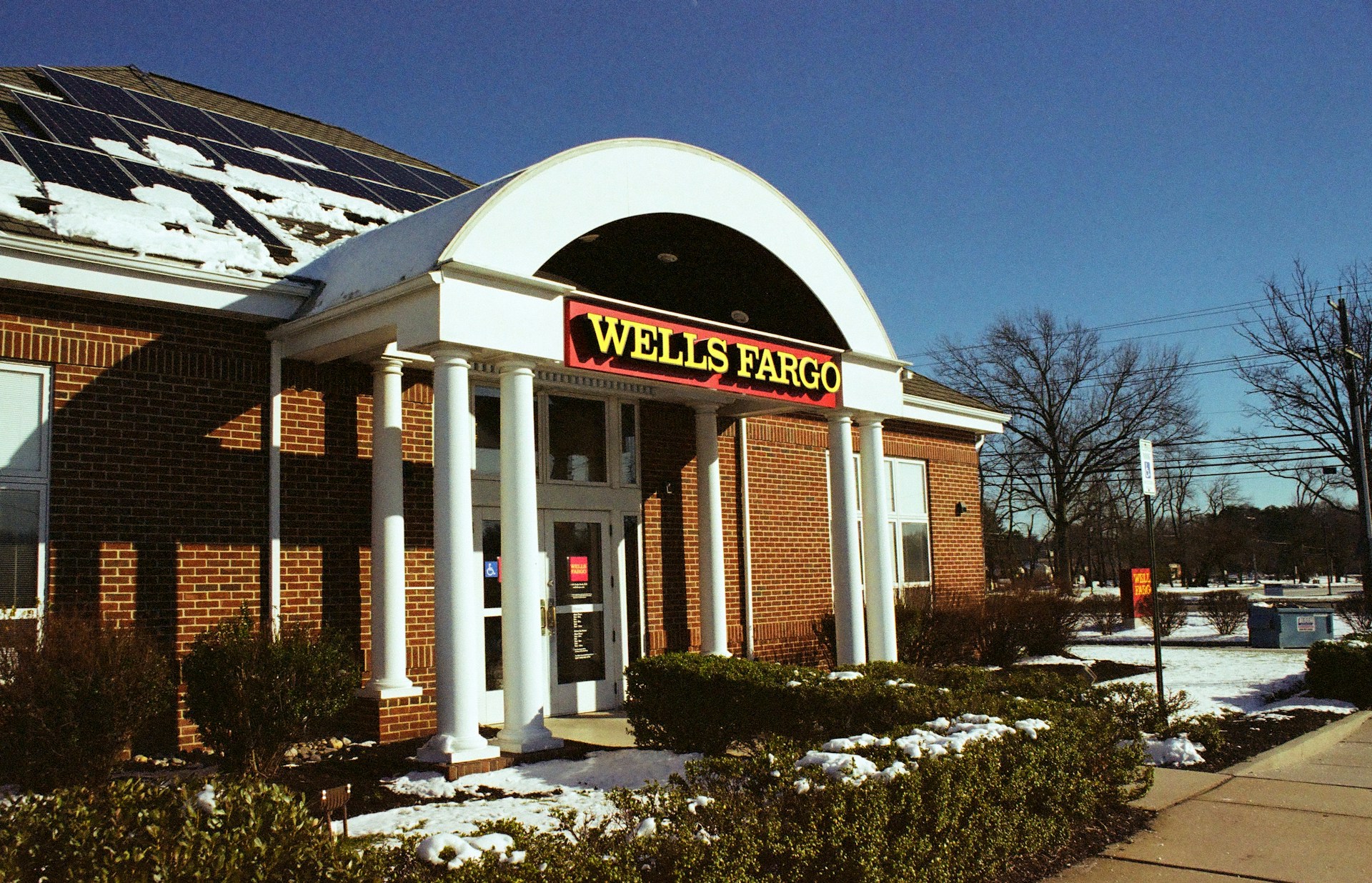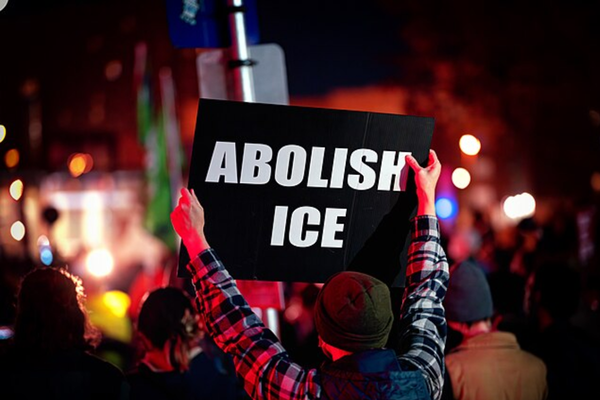
When you think about your money, you want it to be safe. You work hard, save what you can, and trust that your bank account is secure. But there’s one account that many people think is untouchable—until it suddenly isn’t. This “safe” account can vanish overnight if you don’t set it up the right way. It’s not a scam or a hacker. It’s something much more ordinary: your bank account and how it’s owned. If you don’t pay attention to the details, your money could be frozen, lost, or even handed over to the state. Here’s why this matters: the way you set up your account can protect your money, your family, and your peace of mind.
1. Joint Accounts: Not Always as Safe as You Think
A joint account sounds simple. Two people, one account, easy access. But if you don’t set it up right, things can get messy fast. If one account holder dies, the money might not go where you expect. Sometimes, the bank freezes the account until legal paperwork is sorted out. If there’s a dispute, the whole balance could be at risk. And if one person racks up debt, creditors might come after the account. To avoid this, make sure you understand the difference between “joint tenants with right of survivorship” and “tenants in common.” The first means the money goes to the surviving owner. The second means each person’s share goes to their estate. Ask your bank which one you have. Don’t assume. Get it in writing.
2. Payable-on-Death (POD) Designations: The Simple Step Most People Miss
A payable-on-death (POD) designation is one of the easiest ways to make sure your money goes to the right person. You name a beneficiary. When you die, the money goes straight to them. No probate. No court. But here’s the catch: if you don’t fill out the paperwork, your account could get stuck in legal limbo. Many people forget to update their beneficiaries after significant life changes—such as marriage, divorce, or having kids. If your beneficiary is out of date, your money could end up with the wrong person. Check your POD designations every year. It takes five minutes and can save your family a lot of trouble.
3. Single-Owner Accounts: The Hidden Risks
A single-owner account seems safe. Only you can touch the money. But what happens if you get sick or die? The account could be frozen. Your family might not be able to pay bills or access cash. If you want someone to help you manage your money, you need to set up a power of attorney or add a trusted person as a co-signer. But be careful—adding someone as a co-owner gives them full access. They could withdraw all the money. A power of attorney lets them help you without making them an owner. Talk to your bank about the safest way to give someone access if you can’t manage things yourself.
4. Account Titling: Small Words, Big Impact
The way your account is titled matters more than you think. Words like “and,” “or,” “with,” and “for” can change who owns the money and what happens if something goes wrong. For example, “John and Jane Smith” usually means both must sign for withdrawals. “John or Jane Smith” means either can take out money. If you’re not sure how your account is titled, ask your bank for a copy of the signature card. Review it carefully. If you want to change it, fill out new paperwork. Don’t leave it to chance.
5. Dormant Accounts: When “Safe” Turns Into “Gone”
If you don’t use your account for a while, it can become dormant. After a certain period—often three to five years—the bank may turn your money over to the state. This process is called escheatment. You might not get any warning. If you move or change your phone number, the bank might not be able to reach you. To keep your account active, make a small deposit or withdrawal at least once a year. Update your contact information regularly. If you think you’ve lost money to escheatment, you can search for unclaimed property through your state’s website.
6. Beneficiary Mistakes: The Cost of Getting It Wrong
Naming a beneficiary is simple, but mistakes are common. If you list a minor child, the bank may not release the money until a court appoints a guardian. If you name someone who dies before you, the money could go to your estate and get tied up in probate. Some people forget to update beneficiaries after a divorce, so an ex-spouse gets the money. Review your beneficiaries every year. Make changes as your life changes. It’s a small step that can prevent big problems.
7. Online-Only Accounts: Easy to Open, Easy to Lose
Online banks are popular for their high interest rates and low fees. But if you forget your login or lose access to your email, you could get locked out. If your heirs don’t know about the account, the money could sit untouched and eventually be turned over to the state. Keep a secure list of your accounts, logins, and passwords. Share it with someone you trust. Consider using a password manager. Make sure your loved ones know where to find this information if something happens to you.
8. The Power of Regular Checkups
Setting up your account the right way is not a one-time job. Life changes. Laws change. Banks change their rules. Make it a habit to review your accounts every year. Check your beneficiaries, account titles, and contact information. Ask your bank if there are any new forms or options you should know about. A quick checkup can catch problems before they turn into disasters.
Protect Your “Safe” Account Before It’s Too Late
Your bank account feels safe—until it isn’t. The way you set it up can mean the difference between smooth sailing and a financial nightmare. Take a few minutes to check your account ownership, beneficiaries, and contact details. Don’t wait for a crisis. Protect your money, your family, and your future by making sure your “safe” account is truly safe.
Have you ever had trouble accessing a bank account because of ownership or beneficiary issues? Share your story in the comments.
Read More
The post The One “Safe” Account That Can Disappear Overnight—If You Don’t Set It Up Right appeared first on Budget and the Bees.







